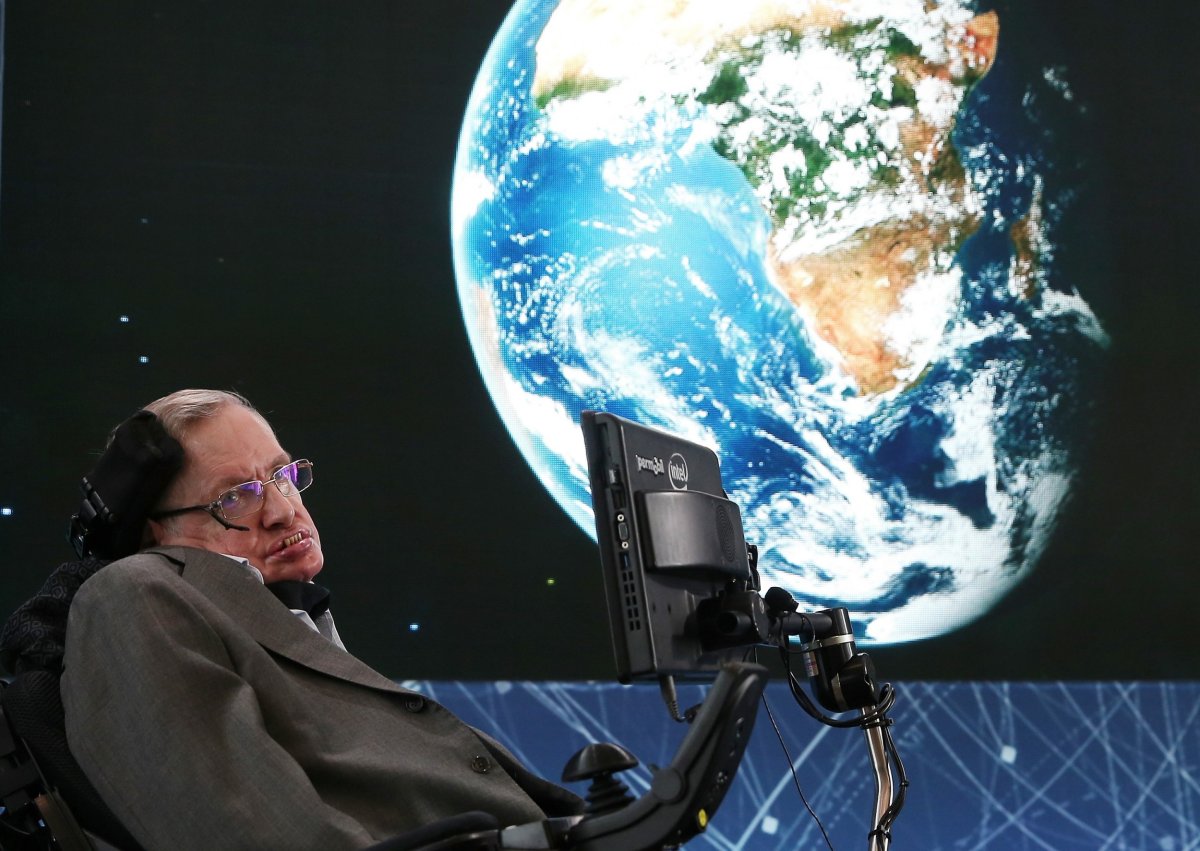Before his death last week, theoretical physicist Stephen Hawking was one of the planet's most vocal proponents of leaving it. He had a good reason, of course—if something catastrophic happens to Earth, humanity is toast. Establishing colonies on other planets would give our species a back-up plan.
But right now, we don't have the skills or technology to make Hawking's vision a reality. A new documentary from Smithsonian Channel, titled "Leaving Earth: Or How to Colonize a Planet," offers Hawking's vision and explores how scientists and engineers are working to tackle the big challenges that stand between humans and an interstellar outpost.
"This is an enormous challenge," Hawking said in the film. "To leave Earth will take a global approach and everyone should join in."
Read more: How Stephen Hawking's Black Hole Discoveries Rewrote Physics of Space-Time
The documentary breaks the problem into three main hurdles: finding a promising location to target, building a rocket fast enough to take humans there in a reasonable amount of time and developing the technology—ways of producing food, water, and breathable air—needed to survive in space. For each of those stumbling blocks, the team checks in on work being done now to tackle these challenges.
While he was alive, Hawking had deep faith in humanity's ability to solve problem with ingenuity and creative thinking, and that faith comes through clearly in the film. "One of our species' great strengths is embracing new ideas and evolving them into cutting-edge technologies," he said in the documentary.

Some of the research covered in the documentary includes scientists who are identifying and characterizing planets orbiting other stars (the other planets in our solar system would likely be more trouble than they're worth to make comfortable, the film argues); an engineer building a rocket fueled by plasma, the same charged particles found in our sun; and a team building a fleet of robots that could construct habitats before humans even arrive at their destination.
"Our species' natural curiosity is what will drive us to distant planets," Hawking said in the film. "Our destiny is in the stars."
"Leaving Earth" airs on March 25.
Uncommon Knowledge
Newsweek is committed to challenging conventional wisdom and finding connections in the search for common ground.
Newsweek is committed to challenging conventional wisdom and finding connections in the search for common ground.
About the writer
Meghan Bartels is a science journalist based in New York City who covers the science happening on the surface of ... Read more
To read how Newsweek uses AI as a newsroom tool, Click here.








